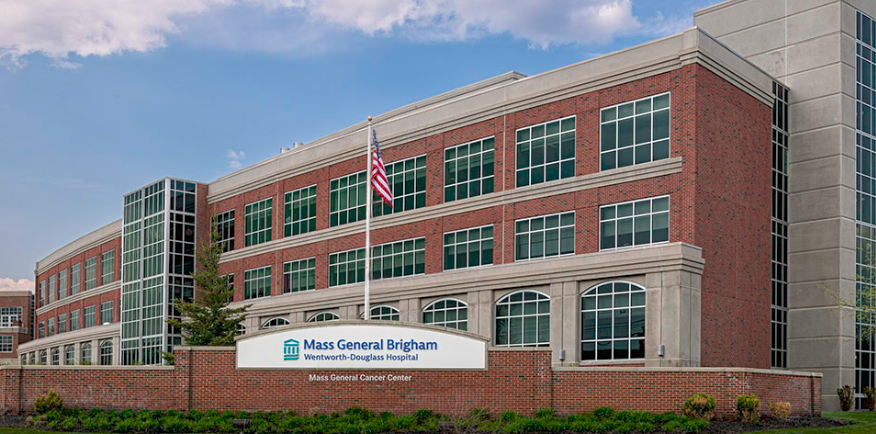Muslim Group Demands UNH Dump Former Biden Advisor Jake Sullivan

Accusing him of “failing up” and “cashing out,” the Council on American-Islamic Relations says there should be no place at the University of New Hampshire for former Biden advisor Jake Sullivan, and it’s calling on the university to give him the boot.
Sullivan, who served as President Joe Biden’s National Security Advisor, was recently named as a senior fellow at UNH’s Carsey School of Public Policy, and the inaugural Kissinger Professor of the Practice of Statecraft and World Order at the Kennedy School at Harvard. The 48-year-old Democrat is also married to first-term U.S. Rep. Maggie Goodlander, who is currently considering a 2026 run for U.S. Senate.
CAIR’s Deputy Executive Director Edward Mitchell said Sullivan’s role directing the Biden White House’s foreign policy, especially its support for Israel, disqualifies him from those prominent positions.
“Government officials who flout federal law, lie to the American public, and enable deadly foreign policy catastrophes should not be able to cash out on their disastrous time in office by failing up and taking up cushy positions at prominent colleges and universities.”
Mitchell accused Sullivan acted as a “shadow president” for Biden, echoing a line of attack Republicans made on the enfeebled president during his time in office.
In a letter to UNH President Liz Chilton and the Carsey School of Public Policy’s Stephen Bird, CAIR expressed outrage for botched Biden policies overseen by Sullivan.
“As National Security Advisor, Jake Sullivan was a ‘chief architect’ of the most disastrous foreign policy decisions made by the Biden administration. He oversaw the catastrophic U.S. withdrawal from Afghanistan in 2021—an operation that ended with a U.S. drone strike that killed an innocent Afghan family. Under his leadership, no one was held accountable for this war crime,” wrote Robert McCaw, CAIR’s Government Affairs Department Director.
CAIR has a long history of anti-Israel action and rhetoric, so it’s no surprise it singled out the Biden administration’s support for the Jewish state.
“Mr. Sullivan coordinated the Biden administration’s unwavering support for the Israeli government’s indiscriminate bombing of civilians in Gaza. He oversaw arms shipments, provided diplomatic cover, and repeatedly affirmed Israel’s human rights abuses despite overwhelming evidence of systematic violence against Palestinian civilians,” McCaw wrote.
“By granting Sullivan this prominent role, UNH sends the troubling message that architects of destructive, failed and illegal policies can ‘fail up’ and be rewarded with prestigious academic positions, regardless of the grave human rights implications of their actions.”
UNH issued a statement Wednesday backing Sullivan.
“The Carsey School is nationally recognized for research, policy education, and bringing people together for thoughtful dialogue to address important societal challenges. We seek to give our students the skills to start and build impactful careers, learning from both leading scholars and leading practitioners in policy, community development, and public management,” the statement reads. “Jake Sullivan’s deep experience in federal government and public policy led us to name him a senior fellow, an unpaid honorific position given to those with a significant role contributing to the public discourse on policy. We look forward to having him contribute to our academic community.”
Sullivan’s wife, Goodlander, is a former UNH professor. The couple lives in a $1.2 million mansion in Portsmouth, though Goodlander rented a property in the Second Congressional District just a few weeks before becoming a candidate last year’s Democratic primary.
As Biden’s foreign policy advisor, Sullivan took incoming political fire from both sides in the Israel v. Hamas conflict. Last May, 26 centrist Democrats in Congress wrote Sullivan to complain about the administration’s decision to withhold weapons from Israel as they fought Hamas terrorists in Gaza.
Goodlander was already running for Congress at the time, but she refused to comment on the Biden policy or say if she supported or opposed withholding weapons from the Jewish state.
Days after taking office, President Donald Trump reversed the Biden policy and released the weapons to Israel.
NHJournal has reached out to Goodlander for a response.






